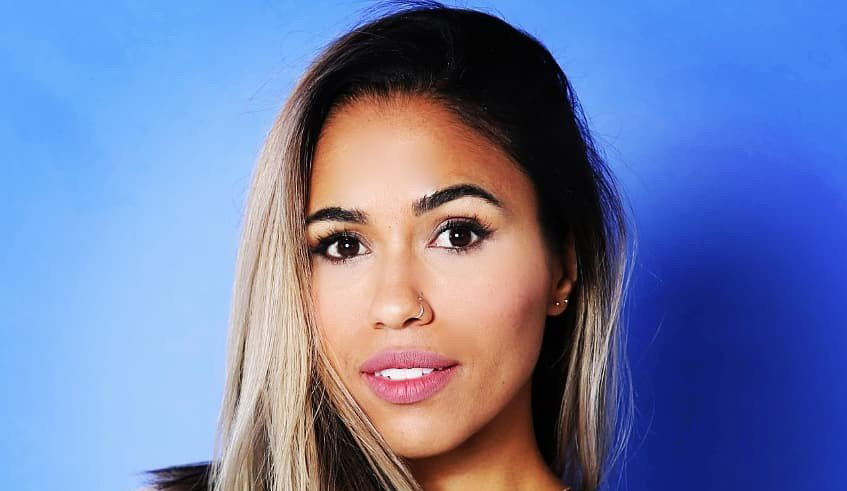At Ezra Productions, we’re dedicated to amplifying the voices of talented diverse filmmakers, especially those who are telling stories of impact. In our Female Filmmaker Friday series, we’re thrilled to introduce the remarkable film director, Alanna Brown, who is breaking barriers in the video production industry in Los Angeles. Alanna’s festival award-winning directorial and screenwriting debut, TREES OF PEACE, was acquired by Netflix for global distribution in 2022. While she’s been staffed for TV and writes feature scripts on assignment, she continues writing her own spec screenplays and has two features in development, which she’s attached to direct. Alanna has been featured in the Black List, Hit List, and Young & Hungry List.
Alanna’s journey from actress to award-winning video director and screenwriter is nothing short of inspiring. Let’s delve into her experiences, insights, and the invaluable lessons she shares with aspiring filmmakers.
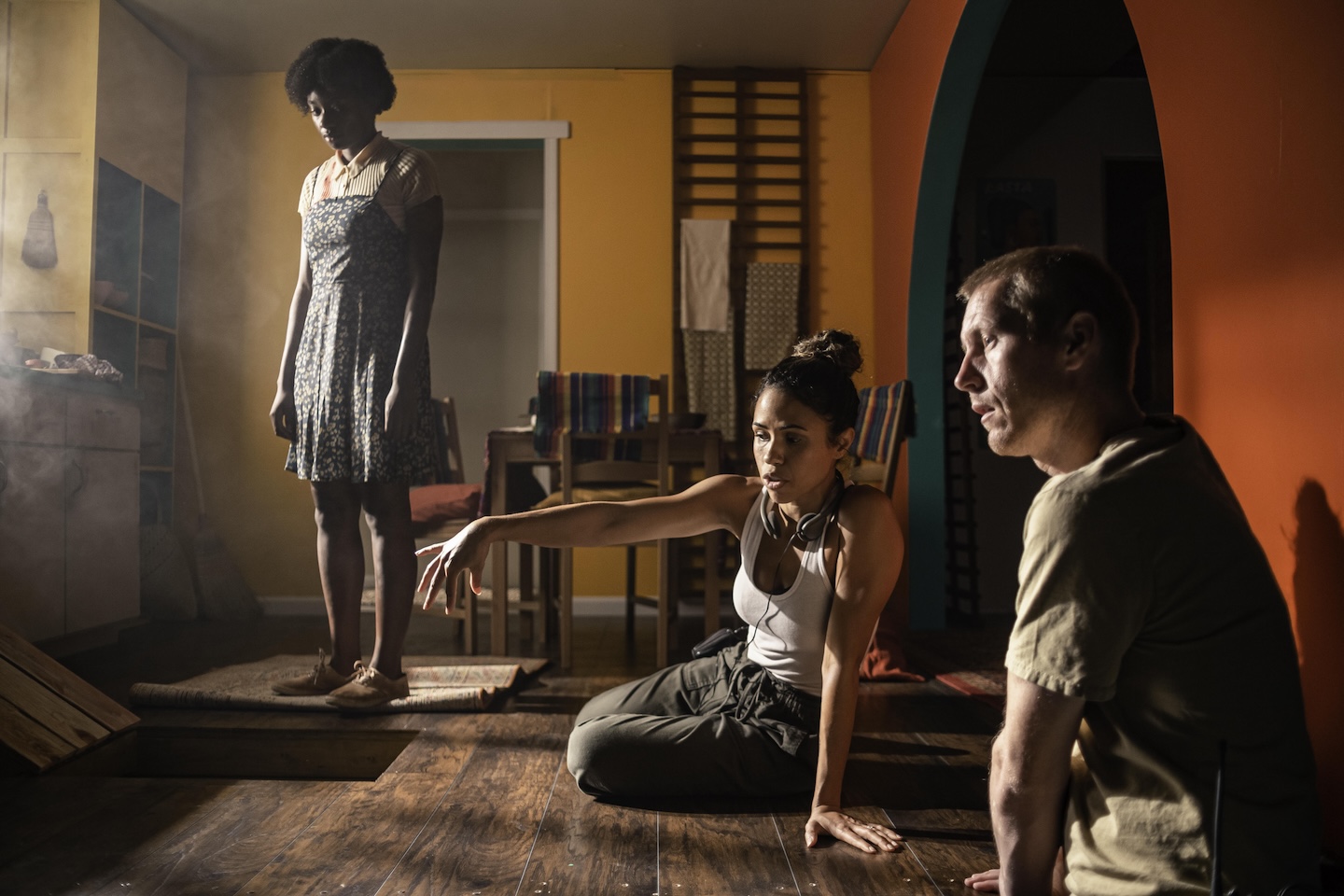
How and when did you decide to get into the world of video production?
As an actress in my 20’s, it was a scene study class that led me to writing and directing. We were taught to be proactive, to write and shoot shorts with ourselves cast in the lead roles. My first short film project instead became a vehicle for my writing and directing career! I’d always been drawn to storytelling since childhood, and films like The Shawshank Redemption and Jaws just totally compelled me. I felt like I had to be a part of this cinematic world and its magic. Once that acting class led me to the filmmaking discovery, I decided to go for it with my idea for TREES OF PEACE. That script then sort of broke me into the industry; it was a finalist in a big contest and got me an agent and manager pretty quickly. So now I had reps, which was cool, but they can only open so many doors… Getting the film made was a whole other endeavor.
I was greatly encouraged and inspired by a speech given by Ava Duvernay, in which she told aspiring filmmakers to “stop waiting for permission” and just make the piece you want to make. Source the money, find the crew, build the team on your own. So I jumped straight from my first short to my first feature film (which took another five years to get made). My love for writing and directing is something I could not tamp down even if I wanted to. It feels like a part of me, a force in and of itself—which has gotten me through many, many low points. I’m driven to tell stories I believe can touch people’s lives or say something about society, as well as by a desire for better representation on screen and behind the camera.
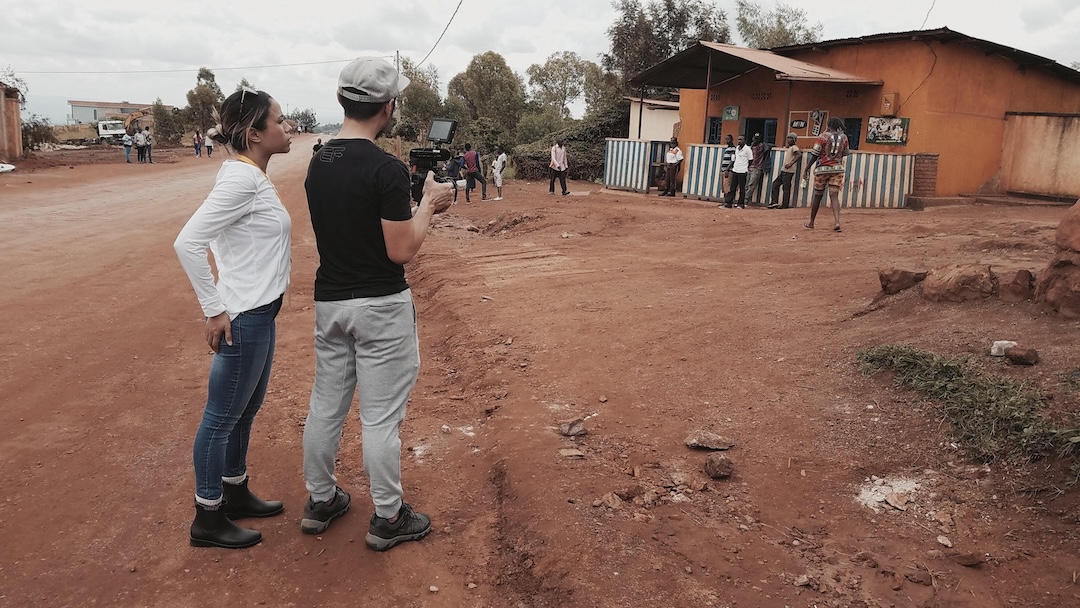
What video production project are you most proud of?
I’m incredibly proud of TREES OF PEACE and the team that helped bring it to life. For my first indie film to become a Netflix Original and be profitable was a big deal. I feel so fortunate. But I’m so proud, too, of my short film, which was such a labor of love and taught me a ton. I also made a proof of concept trailer for TREES OF PEACE on a shoestring budget in my friend’s garage and I look back on it with great pride. It’s still on Vimeo and was instrumental in helping me acquire financing for the feature. Every project is a vital stepping stone on the journey.
What are your interests outside of filmmaking?
I’m big into meditation, exercise, hiking, and getting out into nature. Keeping a healthy mind and body is essential to career sustainability and belief in yourself (as well as a joyful life!). This is such a volatile industry, it can be painful at times. Remaining grounded is the lifeblood of emotional stability and the flow of inspiration. I also love to travel abroad and soak in other cultures and food!
What causes are you passionate about?
I’m passionate about equity in storytelling (and society at large), as stories are a window into the world for people who don’t get outside of their bubble. I’m passionate about body autonomy and human rights for all women. And I’m passionate about holistic, truthful education, as that’s also a key to a better more equitable world.
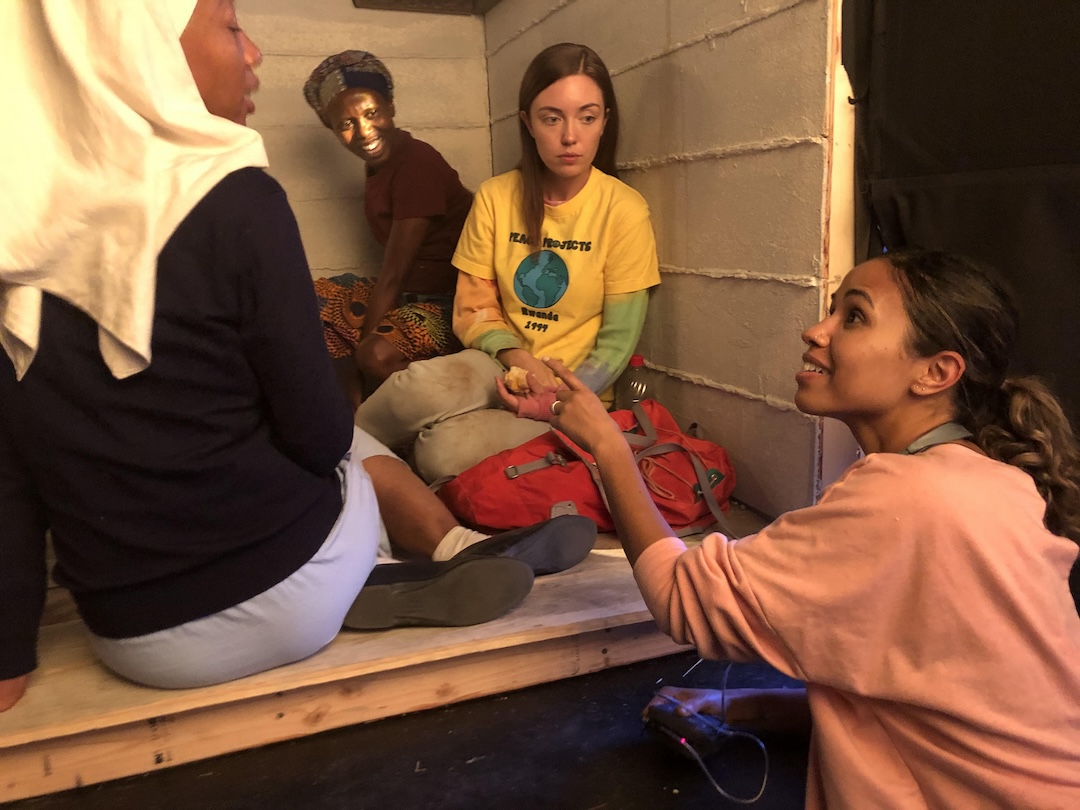
What it like being a black female in the video production world? Do you have any funny or horror stories to tell?
Being a Black female in the world in general is already tough. And I’m petite at only 5’1” tall, so I’m extra invisible. (That’s why Quinta Brunson is especially inspiring to me—super talented Black woman running an Emmy-winning show, and tiny!) I get a lot of OWA submissions for only Black content, which is fortunate because that’s what I want to put into the world. But it’s also unfortunate because I’m pigeon-holed, and white men never are. And that segues into judgement… I’ve taken meetings for TREES OF PEACE as well as a prison spec pilot I wrote where people were like—you wrote this?? You? Wrote all of this? Even the dialogue? It’s a bit…violent. I’m not sure if that’s about me being Black, a woman, or petite, or all of those things combined. But people tend to be surprised that my darker work has come 100% from my brain (and heart). For me, the takeaway is this: people do expect a person who creates a certain thing to look a certain way on the outside. But that’s just not how art works. It’s a shame because this confirms to me that there’s a preconceived notion around what Black women can and should create.
Business-wise, it’s also extremely tough being a Black woman. This is a white-male-dominant industry which makes it significantly harder for anyone “other” to break in. You see this at every level. Even looking now at the 2024 Oscar noms; like always, the categories are dominated by white males with your occasional woman or person or color. Why? Because voting Academy members are predominantly white males and the content that they find resonant or meaningful is what validates their lived experience.
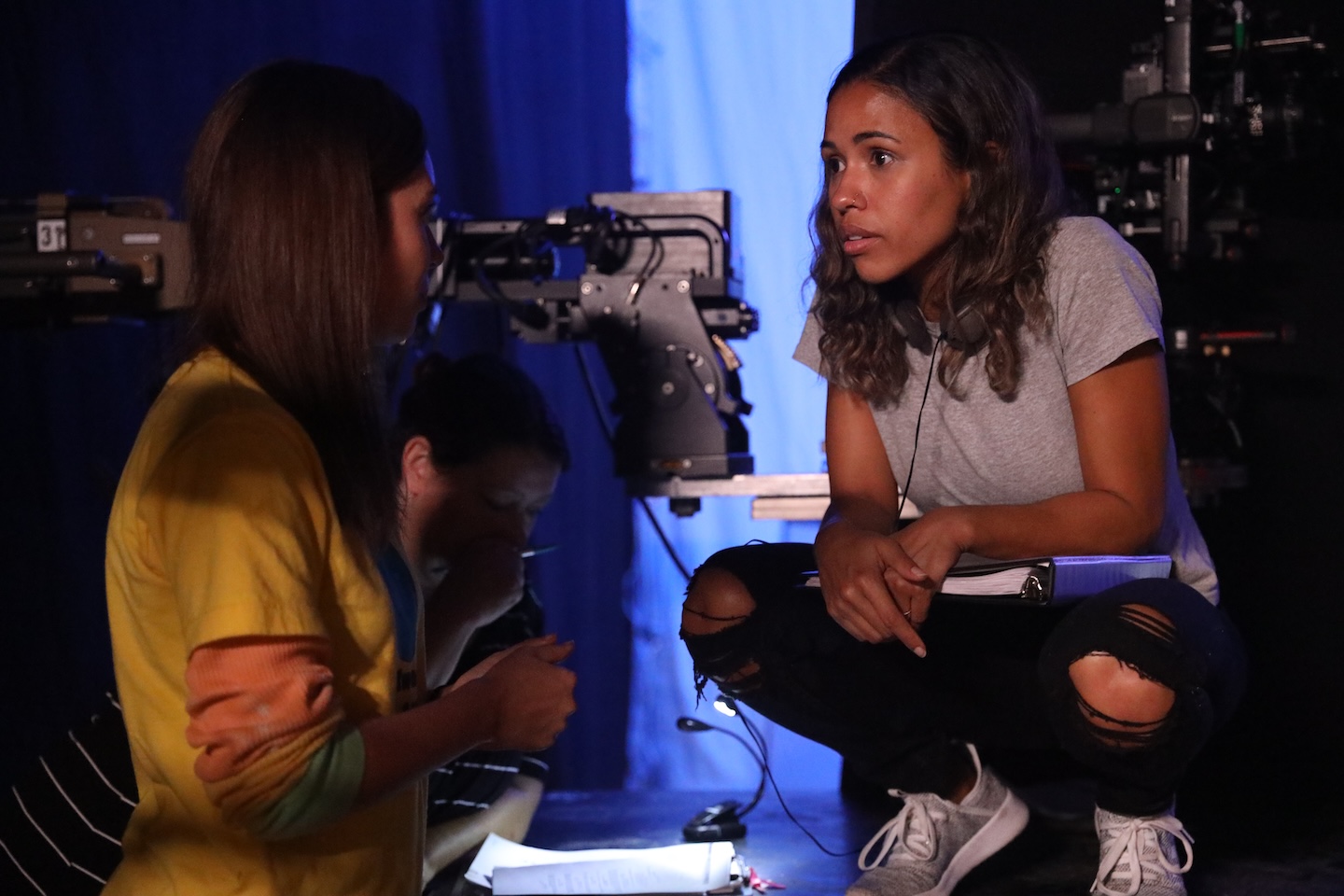
How do you help other women and minorities succeed in the video production world?
I will almost always read a script or look at a deck and give notes, or respond with advice when asked, to help a fellow artist. My creative circle and the people off Instagram who reach out to me happen to be mostly people of color and/or women, I think because that’s the creative world I’ve immersed myself in. I also tried, with TREES, to interview and hire as many women-of-color HODs as possible.
Do you have any advice for other black women filmmakers?
My advice to Black women filmmakers is the same thing Ava said so many years that encouraged me on my path. Stop waiting for permission. The artistic community needs you to bring your vision to life.
For current female filmmakers, just keep doing what you are doing. We need your voice and your stories out there in the world. Get out there and shoot your story, make connections, network and support each other because that is the only way we will eventually create a new narrative.
As a woman-owned video production company based in Los Angeles, Ezra Productions takes pride in fostering creativity and championing diverse voices like Alanna’s. Through her unwavering dedication to storytelling and commitment to fostering inclusivity, she has not only carved a path for herself but also paved the way for others. We’re honored to highlight trailblazers like Alanna, whose passion and vision enrich the cinematic landscape and drive positive change.
If you’re looking for a social impact focused commercial video production company in Los Angeles or New York, contact us to get started on your project today.

